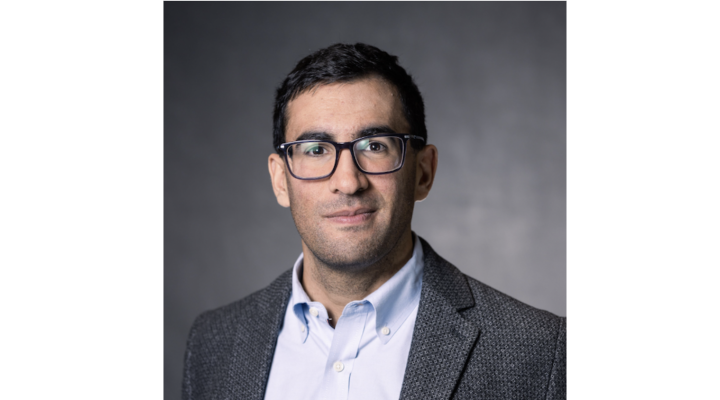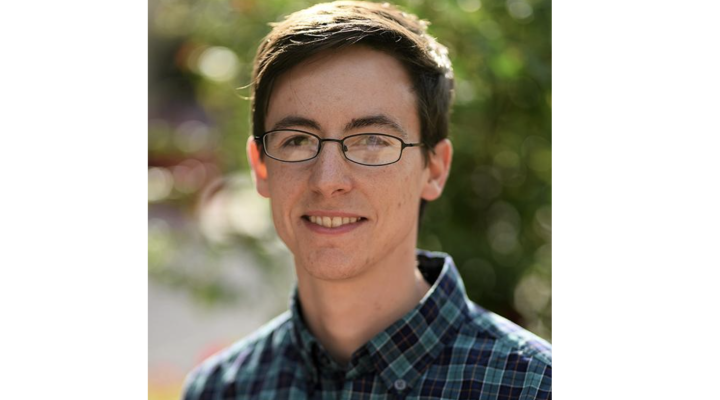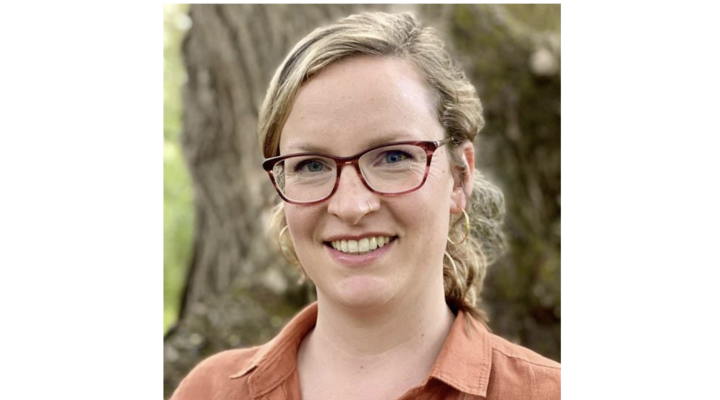The last time Anna Scaglione was part of the faculty at Cornell Engineering, the first iPhone had just been unveiled and the term “Smart Grid” had just been defined by the US Congress in the Energy Independence and Security Act of 2007. Scaglione was an associate professor in the School of Electrical and Computer Engineering (ECE) who, in addition to her work on signal processing and networks, was struggling to solve academia’s notorious two-body problem.
She ended up moving to the University of California, Davis, and then to Arizona State University. Happily for Cornell, Professor Scaglione has found her way back, and starting in September 2021, she will once again be on the ECE faculty at Cornell.
In the years since her first stint at Cornell, Scaglione’s expertise and research areas have expanded beyond signal processing for information networks to now include intelligent cyber-physical infrastructure for secure and resilient energy delivery systems. With a particular interest in helping to create the next generation smarter power grid, Scaglione will be based at the Cornell Tech campus on Roosevelt Island in New York City.
“I don’t think New York City has been as ambitious as San Francisco and Silicon Valley in their use of technology for the betterment of the lives of its citizens,” Scaglione said. “I am really concerned about what the city is going to do about recharging electric vehicles, as well as how renewables and electric storage will be deployed effectively in such a dense place. I want to be part of the discussion about how to make all of these things happen.”
Scaglione is affiliated with the U.S. Department of Energy’s Integrated Data Frameworks Group, which performs research and development on software and methodology for improving the security, quality, and usability of analysis tools for scientific and applied data. As the group’s website notes, “Her current research focuses on studying and enabling decentralized learning and signal processing in networks of sensors. She also focuses on sensor systems and networking models for cyber security in critical infrastructure and for the demand-side management and reliable energy delivery and in other aspects at the intersection between intelligent infrastructure, information systems, and social networks.”
It is clear that Scaglione is thinking beyond the mere technological challenges of making the electric infrastructure of New York City more secure, resilient, and sustainable. “Ultimately, researchers, policy-makers, and planners have to understand how structural changes affect productivity, the appeal of the city, and the lives of the people living there,” she said. “I hope I can play a role in the transition and direct my more applied work in this direction.”
Scaglione’s years of research leave her uniquely suited to address head-on some of the most daunting challenges facing New York City as it strives to create an energy infrastructure that can incorporate offshore wind- and solar-generated power, to support a growing number of electric vehicles, and to protect its infrastructure from hackers.
Scaglione is thrilled to be back at Cornell and in New York City, where her work can have an immediate impact. “New York needs to include more innovation,” she said. “It is a good thing for a city to think about how it can change for the better for its citizens, and I am excited to be a part of these changes.”





